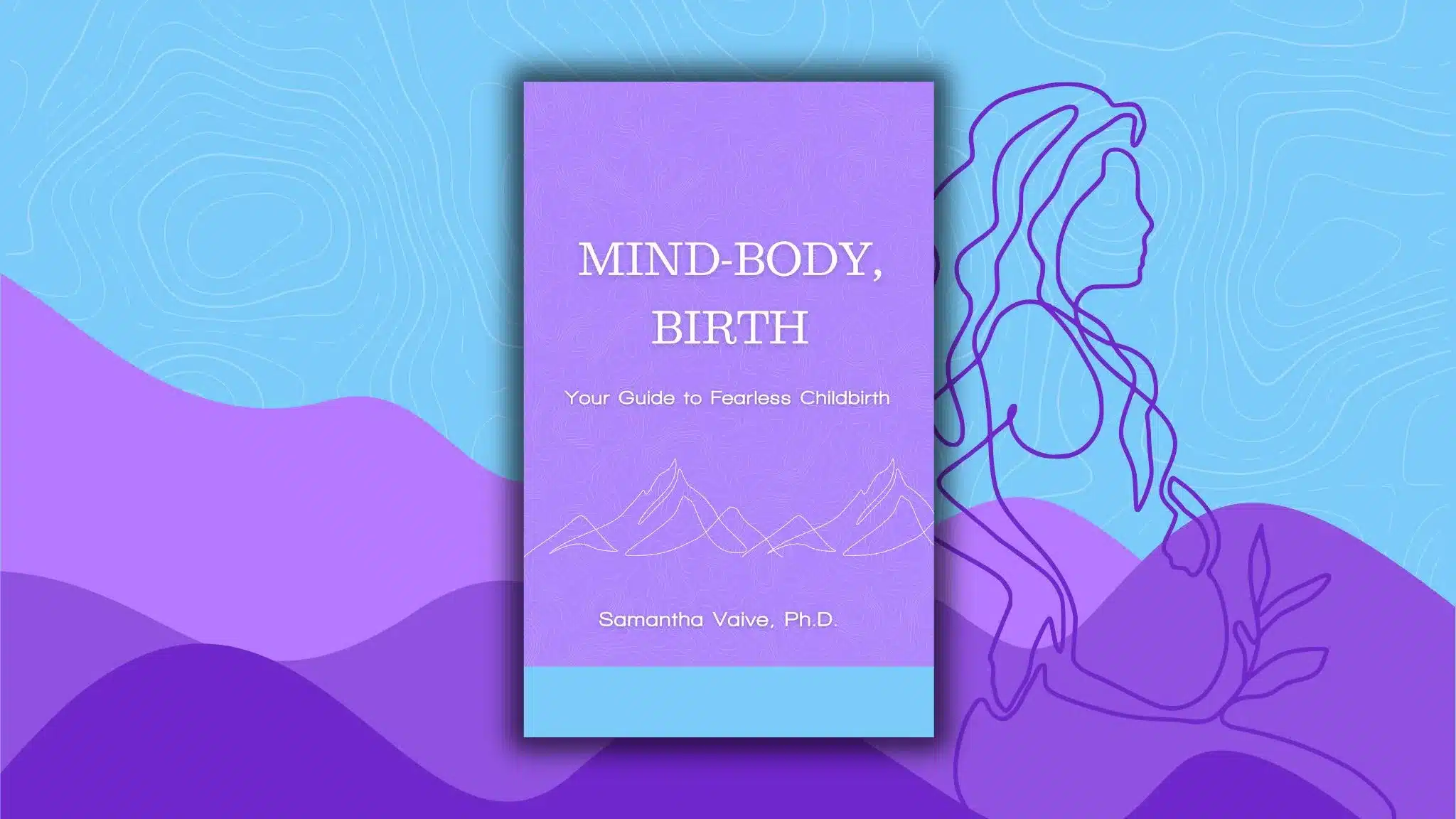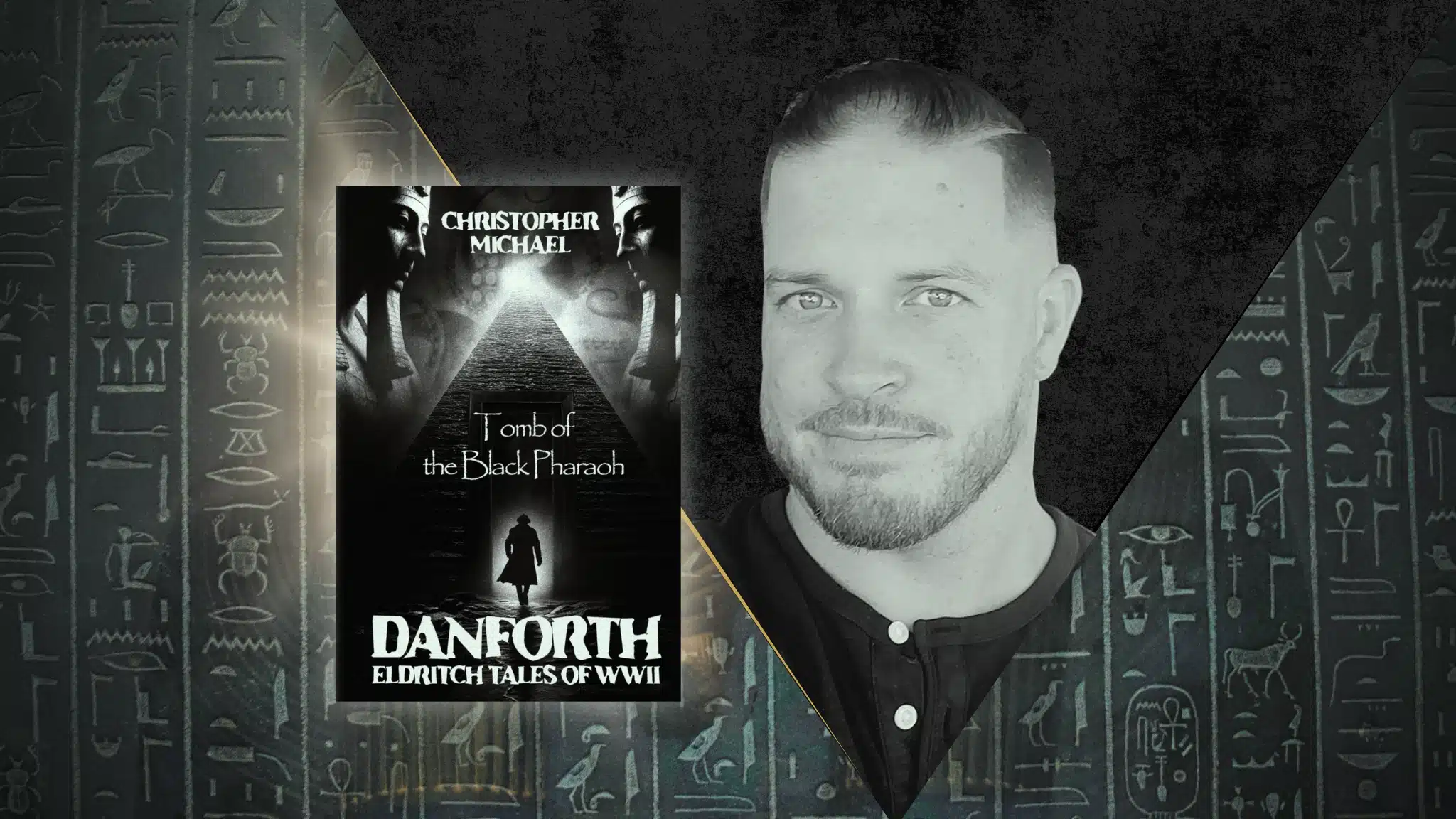The Science and Business of Living Forever
Understanding advances in technology and research that drive the possibility of immortality.
This book examines the pursuit of eternal life, blending groundbreaking science with ambitious entrepreneurship. It explores advancements in genetic engineering, cellular regeneration, and AI-driven health innovations that push the boundaries of what it means to extend human life. Through vivid stories of scientific breakthroughs and experiments inspired by nature, the narrative offers a compelling look at humanity's efforts to overcome aging and redefine the limits of longevity.
It also delves into the ethical and societal dilemmas that arise from the possibility of immortality. The book reflects on cultural, religious, and legal perspectives, while considering how such advancements might transform economies and reshape the fabric of society. Readers are encouraged to think deeply about the reasons behind this pursuit and its broader implications. With an engaging blend of science, philosophy, and human interest, this work provides a profound exploration of humanity's timeless dream.
Excerpt from Immortality Inc. © Copyright 2024 Arlo Voss
Chapter 1: The Quest for Immortality
In the labyrinthine corridors of human aspiration, the quest for immortality stands as one of the most profound and enduring pursuits. Our journey begins by tracing the ancient roots of humanity's desire to transcend the bonds of mortality, a quest driven less by arrogance and more by a deep-seated yearning to understand the universe and our place within it. Ancient myths and legends from diverse cultures have spun tales of elixirs and secret realms where death is but a fleeting shadow. Philosophers and alchemists, thinkers and dreamers alike, have pondered the implications of eternal life, raising questions that straddle the lines of science and metaphysics (Smith, 2003; Johnson & Lee, 2010). As we delve into the philosophical underpinnings of these pursuits, the ambition for extended life is tempered by ethical dilemmas and existential musings on what it means to live forever. This narrative sets the stage for an exploration of both the steam propulsion of modern science and the winds of age-old wisdom, each propelling the voyage towards the elusive shores of immortality.
The History of Human Longevity
The quest for a longer, healthier life has intrigued humans throughout history, shaping our cultures, philosophies, and scientific endeavors. This journey is characterized by a blend of myth, magic, and burgeoning scientific understanding. Ancient texts from various civilizations, such as the Epic of Gilgamesh and the Taoist writings from ancient China, have pondered immortality, underscoring humanity's deep-rooted desire to transcend mortality.
For centuries, people sought the elixir of life, a mythical potion granting eternal youth. Alchemists in medieval Europe were known for striving to discover this sorcerous substance, viewing it as the pinnacle of human achievement. Despite these early efforts being more fantastical than factual, they laid the groundwork for our modern understanding of longevity as something science could eventually decipher and manipulate.
Interestingly, practical advances in human longevity didn't materialize through magic but rather through incremental improvements in living conditions. The Enlightenment era brought about advancements in medicine and public health, significantly reducing mortality rates through vaccination, improved hygiene, and better nutrition (Riley, 2001). These changes meant people began to live longer, healthier lives, igniting newfound hope in the possibility of extended life spans.
The average life expectancy has increased significantly over the past few centuries. According to historians, life expectancy in ancient Rome was only about 30–35 years, primarily due to high infant mortality rates and the prevalence of diseases and harsh living conditions (Frier, 1994). However, with the advent of modern medicine and improved socioeconomic conditions, today's life expectancy in developed countries often surpasses 80 years.
One of the critical turning points in the quest for longevity was the discovery of antibiotics in the 20th century. These drugs heralded a new era wherein infectious diseases, once a dominant threat, were increasingly treatable (Podolsky, 2015). By curbing the incidences of deadly infections, antibiotics dramatically improved life expectancy and quality of life for countless individuals worldwide.
The history of human longevity also reflects a tale of growing scientific understanding and innovation. The 20th century was marked by major epidemiological studies that explored the social determinants of health, affirming how factors like education, income, and environment contribute to life expectancy disparities across different populations (Marmot, 2005). These findings encouraged systemic policy changes aimed at providing more equitable healthcare access, thereby incrementally increasing human life spans.
My profession is online marketing and development (10+ years experience), check my latest mobile app called Upcoming or my Chrome extensions for ChatGPT. But my real passion is reading books both fiction and non-fiction. I have several favorite authors like James Redfield or Daniel Keyes. If I read a book I always want to find the best part of it, every book has its unique value.




















 English (US) ·
English (US) ·